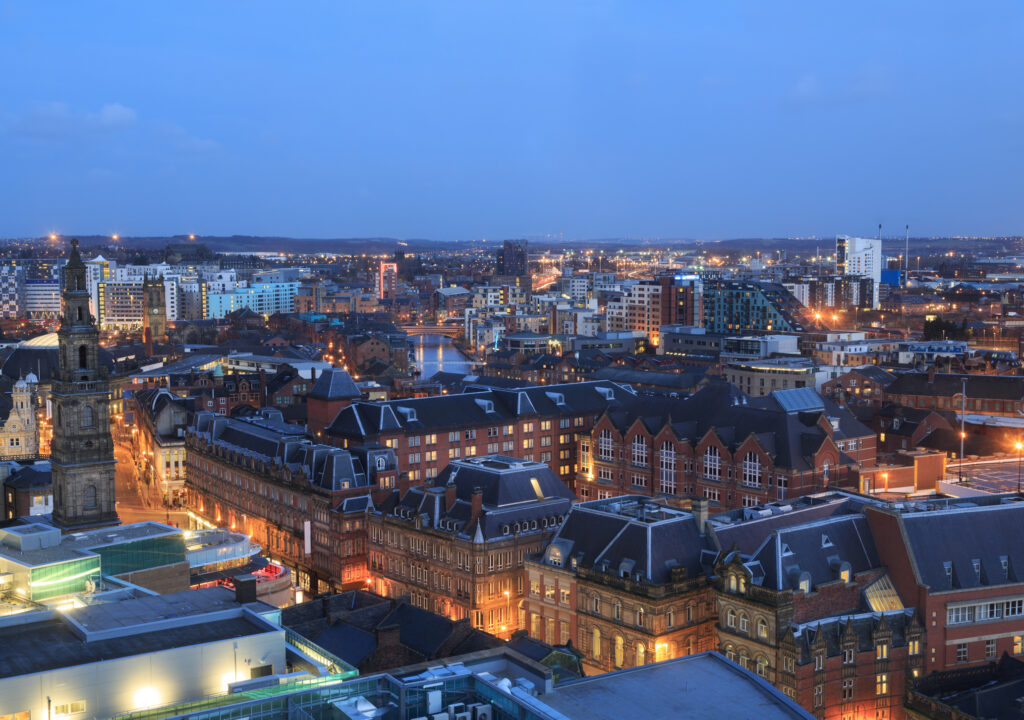Freeholders: Commonhold
Home | Freeholders: Commonhold
Commonhold - does it matter to freeholders?
Commonhold is an alternative form of tenure for multi-unit buildings. Commonhold can be acquired either at the point of development or by completing the statutory process for conversion to commonhold. The conversion process usually requires leaseholders to collectively enfranchise first pursuant to their rights under the Leasehold Reform, Housing and Urban Development Act 1993. All leaseholders and any lenders must then consent to the conversion from leasehold to commonhold after completion of the acquisition of the freehold.
A freeholder will often retain an interest in the building after the collective claim has completed. For example, the freeholder may be a leaseholder themselves owning a leasehold flat or commercial unit within the building. The freeholder may also have agreed to take a lease back during the collective claim. In cases where the freeholder retains an interest in the building post-enfranchisement as a leaseholder, their consent must also be obtained prior to conversion to commonhold. If a freeholder has no retained interest in the building, the freeholder has no input into conversion, having sold the freehold as part of the collective claim.
Whilst currently it is difficult to convert to commonhold, reforms are proposed which would make this process easier for leaseholders. There may therefore be more of an impact on landlords going forward if the reform proposals proceed.

Find a Practitioner
ALEP was set up in 2007 in response to concerns raised by owners of leasehold properties who wanted reassurance that the people they were dealing with were reputable. Freeholders also require this reassurance.
- Where you see the ALEP logo you can be sure of a consistently high level of service.
- They must also commit to high professional standards, integrity and quality customer service.
- You can be confident that any firm that is a member of ALEP will be experienced and competent.